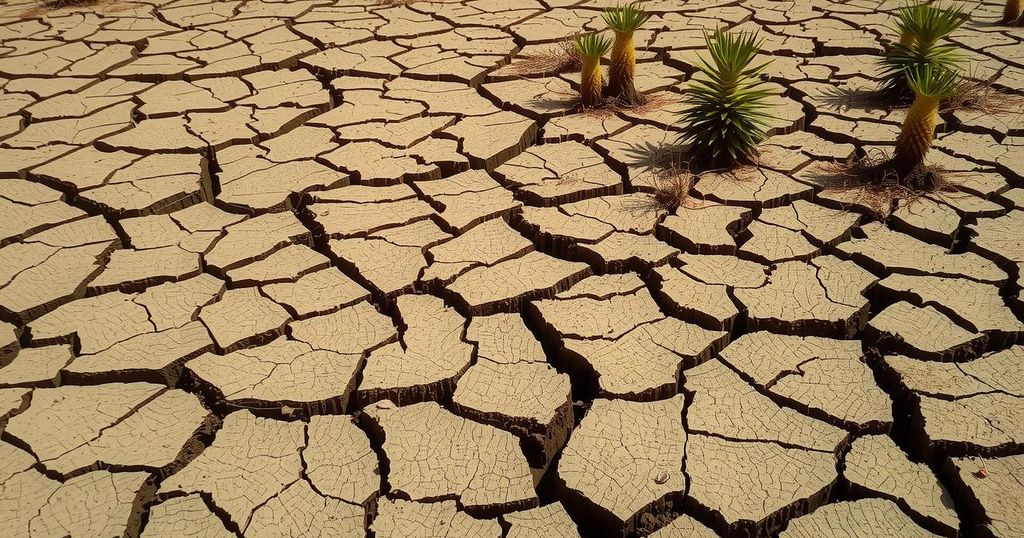Brazil, which holds 12% of Earth’s freshwater, is experiencing a critical loss of natural surface water due to climate change and deforestation, with 400,000 hectares lost in one year. The situation demands adaptive management strategies to reverse the trend as Brazil prepares to host COP30 in 2025.
According to a recent report, Brazil, which is home to 12 percent of the world’s freshwater reserves predominantly located in the Amazon, is facing a significant decline in natural surface water due to climate change and agricultural land conversion. From 2023 to last year, the country experienced a loss of 400,000 hectares of aquatic surface, an area comparable to the size of Rhode Island, as reported by MapBiomas monitoring platform.
In a longitudinal analysis spanning 16 years, only the year 2022 indicated a rise in surface water, while since 1985, Brazil has suffered a loss of approximately 2.4 million hectares from rivers and lakes. Factors such as drought, urban expansion, and excessive extraction from aquifers are contributing to this alarming trend. Juliano Schirmbeck, the MapBiomas Agua report coordinator, stated, “The dynamics of land occupation and use, along with extreme climate events caused by global warming, are making Brazil drier.”
Schirmbeck emphasized the necessity for innovative water management policies to mitigate these adverse effects. Brazil is set to host the COP30 UN climate conference in November 2025 in Belem, situated in the Amazonian state of Para, which will spotlight these pressing issues.
The Amazon basin houses nearly two-thirds of Brazil’s surface water, serving a critical function in regulating climate by absorbing carbon dioxide. However, last year, the surface water area in the Amazon diminished by 4.5 million hectares compared to the previous year, an area equal to that of Denmark. Furthermore, the Pantanal wetlands, heavily impacted by drought and wildfires, recorded water surface levels in 2024 approximately 61 percent below the average since 1985.
Although human-made water bodies such as reservoirs have increased by 54 percent since 1985, this growth has not sufficiently offset the loss of Brazil’s natural freshwater sources, thus highlighting the urgent need for effective water conservation strategies.
The report underscores the pressing issue of declining natural freshwater resources in Brazil, exacerbated by climate change and land use changes. The loss of surface water, including significant declines within the Amazon and Pantanal regions, necessitates immediate attention and adaptive water management strategies. With Brazil hosting the COP30 conference, it becomes an opportune moment to address these critical environmental challenges.
Original Source: www.bssnews.net






